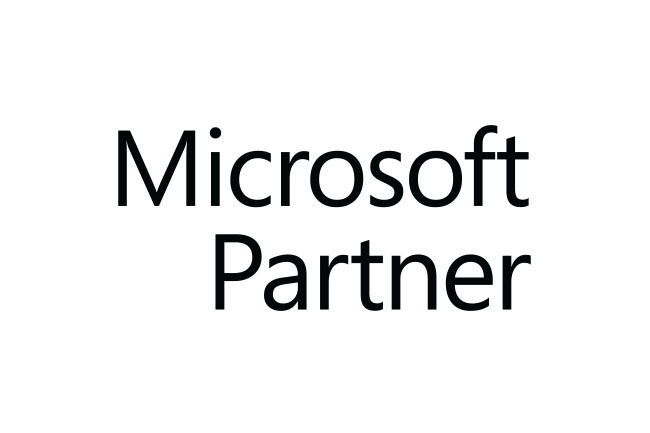Dynamics 365 Customer Relationship Management, or CRM for short, is a potent tool for handling client interactions, streamlining workflows, and using data analysis to learn more about your company. An overview of the primary features, certification choices, modules and components, system requirements, and other information about Dynamics 365 CRM will be given in this introduction guide. This video covers all the essentials to get you started with Dynamics 365, regardless of whether you’re brand-new to the program or just need a refresher.̇
Dynamics 365 CRM Certification
Although training in Microsoft Dynamics 365 CRM is not necessary, earning a certification can help you prove your knowledge. Among the Dynamics certifications to take into account are:
- Basics of Dynamics 365, products, licensing, security, and architecture are covered in Dynamics 365 Fundamentals.
- Dynamics 365 Customer Engagement Functional Consultant Associate: ideal for CRM experts putting simple fixes into practice
- Functional Consultant Associate in Dynamics 365 Customer Service with an emphasis on the customer service module
- Field service module capabilities are covered by the Dynamics 365 Field Service Functional Consultant Associate.
- To obtain each certification, you must complete tests measuring your proficiency with Dynamics 365 features and apps. There are also higher-level certifications available as your career develops.
Key Modules and Components
Dynamics 365 CRM provides modular applications that can be implemented separately or together:
Sales – Manage quotes, orders, accounts, contacts, marketing campaigns, and sales pipeline analytics. Automate lead scoring and marketing list management.
Customer Service – Track cases and knowledge articles. Automate case routing and escalation rules. Embed an interactive help portal on your website.
Field Service – Schedule and dispatch technicians. Optimize routes and manage assets. Use IoT for proactive maintenance.
Project Operations – Create project plans and estimates. Manage budgets, staffing, and invoicing. Collaborate across teams.
Marketing – Build multi-channel campaigns. Design customer journeys and segments. Report on campaign ROI.
The core components that make this possible include a centralized customer database, automated workflows, customizable dashboards, enterprise-grade security, and an integrated development framework for enhancing functionality.
Key System Requirements
Before implementing Dynamics 365 CRM, it’s important to ensure your system meets the minimum requirements:
Browser Support – Microsoft Edge and the latest versions of Chrome, Firefox and Safari
Hardware – At least 2 GB RAM, 2.5 GHz CPU for single server or multi-server web deployments
Software – Windows Server and SQL database (Azure also fully supported)
Permissions – Access to install software, create user accounts and databases, open ports for connections
It’s also recommended to use Outlook 64-bit for full CRM synchronization functionality. Talk to your IT team or Dynamics partner to confirm system readiness before deployment.
Plugins and Customization
Although Dynamics 365 CRM has a ton of amazing features right out of the box, plugins let you enhance functionality for any needs you may have that aren’t covered by the base package. Currently, there are more than 5,000 plugins accessible. Plugins simplify customization, whether you want to activate processes, modify a process flow, or incorporate data from another program.
Some examples include plugins for:
- Data migration and synchronization
- Automating workflow steps
- Enabling custom reports, charts, and dashboards
- Calling external APIs for specialized integrations
- Enforcing business rules and validations
- Importing legacy data to 365
Conclusion and Getting Started
The main features and choices that new users of Microsoft Dynamics 365 for CRM need to be aware of are covered in this overview. Dynamics 365 CRM is very scalable, with features like roles and plugin customization, verified integrations, and modular apps that can be used for small and large business deployments.
The Microsoft Dynamics 365 ERP edition and its network of Microsoft Dynamics CRM partners offer an industry-leading CRM platform that is backed by strong certifications and widespread acceptance. Take advantage of Microsoft’s guided trial deployment to get started, which includes free administrator and end-user training materials.


